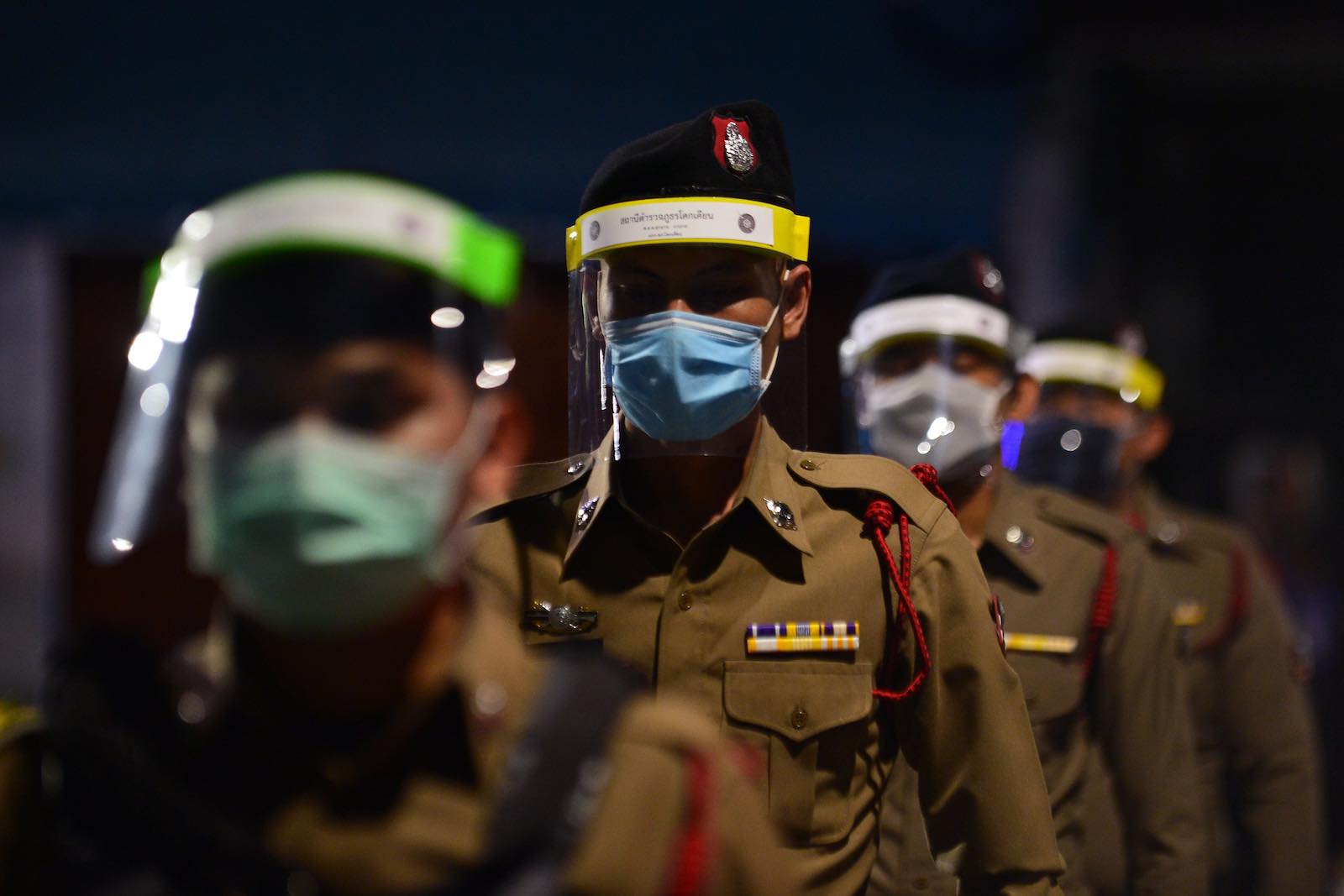

Military stonewalling aside, the government’s hands remain tied by the ever present fear of a coup. While politicians have gradually softened toward the once taboo question of autonomy, the proposal remains a nonstarter for the army that has vocally - and unequivocally - opposed all calls for decentralization. “Any action that may serve to undermine our strength or weaken state authority should be of concern,” army chief Prayuth Chan-ocha was quoted as saying in response to Shinawatra’s campaign promise. The restive south has for years been heavily militarized, pumped with 60,000 security forces that derive power not only from their numbers but also from the emergency law that has been in place since 2005 to facilitate counterinsurgency operations. At the core of Shinawatra’s trepidation, experts say, lies the Thai military, an influential actor in the country’s politics and an especially potent player in the insurgency. But in the nine months since her landslide victory, her government has opted for staid rhetoric over substantive political action.

The Prime Minister’s campaign pledge raised hope for a new approach, specifically the granting of special administrative status for the three southern provinces. ( MORE: The Real Victims in Southern Thailand’s Insurgency) Charting their discontent in his 2008 book, Tearing Apart the Land, Duncan McCargo, a professor of Southeast Asian politics at the University of Leeds, wrote, “Bangkok has largely pursued a policy of assimilation and standardization, making few concessions to the distinct history and character of the region.” Many in the country’s deep south feel particularly estranged from the highly centralized political system, and their insurgency – fragmented, ill defined and shadowy – harbors wide and varied goals, from the largely improbable separatist call for an independent state to the more popularly espoused demand for greater autonomy in political and administrative affairs. Unlike the rest of Thailand, which is predominantly Buddhist and Thai-speaking, 80% of the 1.7 million who live in the southern provinces of Yala, Pattani and Narathiwat are Malay-speaking Muslims. Like the rest of the country, however, these far-flung provinces are governed by unelected life bureaucrats dispatched by the government in Bangkok. The southern conflict is fueled not by blind religious rage but by political and cultural alienation. But now that she’s in power, she may struggle to keep her pledge. While campaigning in last year’s general elections, Prime Minister Yingluck Shinawatra boldly promised change. But the issue - which has little national resonance or political urgency - has remained on the fringes of Thai politics. Five thousand people have been killed since 2004, and once harmonious relations between the region’s Buddhists and Muslims have degenerated into hostile mistrust. Drive-by shootings, attacks by improvised explosive devices, vicious assaults on teachers and targeting of monks and moderate Muslims are regular occurrences. For over eight years, Thailand’s three southernmost provinces have been in the grip of spiraling violence that has kept a low profile but taken a high toll. The deadly attacks targeted civilians and tourists in the region’s bustling commercial corridors, an ominous sign, say security analysts, that the “low-intensity” insurgency led by Thailand’s ethnic Malay Muslims against the Buddhist-majority state is taking a more audacious turn.
#South thailand insurgency series
Follow late March, a series of orchestrated bomb blasts shook southern Thailand, killing 14 people and drawing the world’s attention to one of Southeast Asia’s longest-running conflicts.


 0 kommentar(er)
0 kommentar(er)
